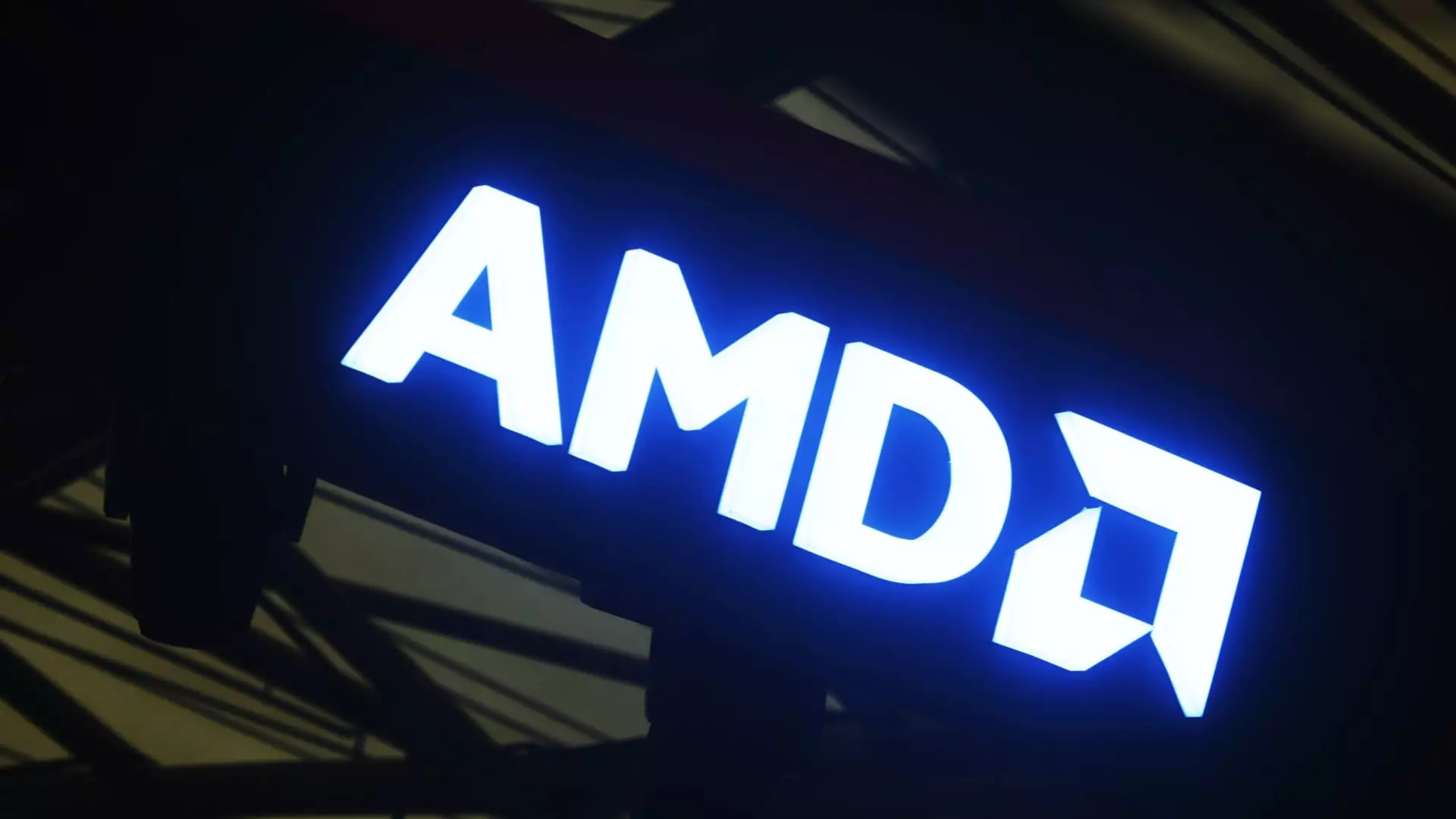U.S. chip giant Advanced Micro Devices (AMD) is placing its bets on AI PCs as it aims to take on its rivals Nvidia and Intel in the increasingly competitive AI market. In an exclusive interview with CNBC, Victor Peng, president of AMD, expressed confidence in the expanding market for AI PCs, projecting increased adoption in the second half of the year. The rise of generative AI has fueled a surge in demand for devices with AI capabilities, prompting tech research firm Canalys to predict that 60% of PCs shipped in 2027 will be AI-capable.
As the chatbot ChatGPT gained popularity for its human-like responses, the interest in AI was ignited, leading to a surge in AI-focused innovations. HP’s president and CEO, Enrique Lores, emphasized the potential impact of AI PCs on the overall PC category, although he acknowledged that it would take time for AI technology to deeply penetrate the market. While AI-powered devices will initially target segments of the enterprise PC market, research firm International Data Corporation (IDC) predicts that broader deployment to the consumer market is expected over time as more use cases emerge and costs reduce.
Victor Peng expressed confidence in AMD’s positioning in the AI PC market, highlighting the recent announcements that have cemented their lead in both AI and traditional businesses. In January, AMD unveiled the Ryzen 8000G Series desktop processors, offering powerful and dominant performance for intensive workloads such as gaming and content creation. AMD competes directly with Nvidia and Intel in the graphics processing unit (GPU) market, which plays a vital role in AI and high-performance computing. Currently, Nvidia dominates the market for GPUs used in AI applications, with AMD aiming to challenge its dominance.
Nvidia, known for its GPUs, recently announced new GPUs specifically designed for generative AI applications on PCs. The company is also partnering with laptop manufacturers, such as Acer, Dell, and Lenovo, to provide GPUs for their devices. Intel, on the other hand, launched Core Ultra chips in December, aimed at accelerating AI program execution. Partnering with prominent PC manufacturers like Acer, ASUS, Dell, HP, and Lenovo, Intel expects these chips to power more than 230 AI PCs.
Peng highlighted the importance of AI beyond data center GPUs, emphasizing the significance of servers in AI processing. AMD gained significant market share in servers last year and aims to continue this upward trajectory with the launch of the Instinct MI300X chips. These graphics processors, designed for large language model training, will compete directly with Nvidia’s H100 chips in the data center market.
As the AI race intensifies, AMD is positioning itself to be a major player in AI PCs. With the growing demand for AI capabilities and the projected expansion of the AI PC market, the competition between AMD, Nvidia, and Intel is set to become even more fierce. As Peng mentioned, the potential of AI is vast, and we are still in the early stages of its development. With ongoing advancements and increasing adoption of AI technology, the future holds immense opportunities for innovation and growth in the AI PC market.
AMD’s focus on AI PCs is a strategic move as it seeks to challenge competitors like Nvidia and Intel in the rapidly expanding AI market. As the demand for AI-capable devices continues to rise, AMD’s recent product announcements and positioning in the server market position the company well for success. However, the competition in this space will be fierce, and only time will tell who will emerge as the dominant player in the AI PC market.


Leave a Reply